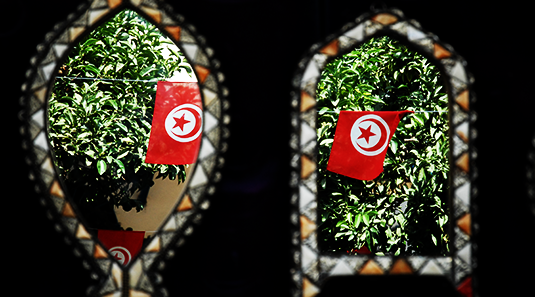
Tunisia
Capital city — Tunis
Introduction
Country population
11,304,482
i
2017
Type of government
Mixed parliamentary system
Human Development Index
0.725
i
2016
/ UNDP